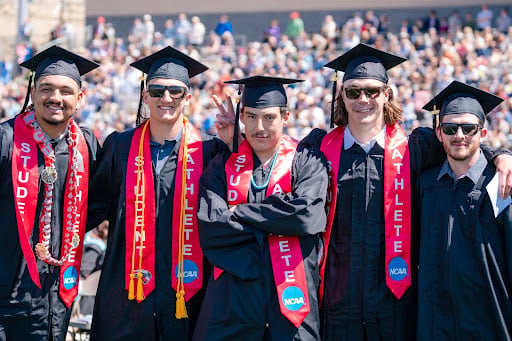The Student Financial Services Department is here to guide you through your entire college journey, from understanding college costs early on to exploring different types of financial aid, to setting up payment plans, and more!

New Student
Financial Services

Scholarships, Grants, and Tuition Discounts
These are forms of college aid that do not need to be repaid. They are awarded based on merit, need, involvement, residency, and more.

Meet with a Financial Aid Counselor
Our counselors are here to guide you every step of the way. They help you understand the full cost of college and find the best ways to pay for it.

Cashier's Office
The Cashier’s Office is where you’ll pay tuition, set up a payment plan, and manage other billing needs.

Tuition and Cost Calculator
Use the calculator to get a clear picture of how much attending Western Colorado University will cost you!
Tuition Discounts
Meet the Team
Financial Services
Contact Information
Contact Location
Western Colorado University
Taylor Hall 314
1 Western Way
Gunnison, CO 81231



